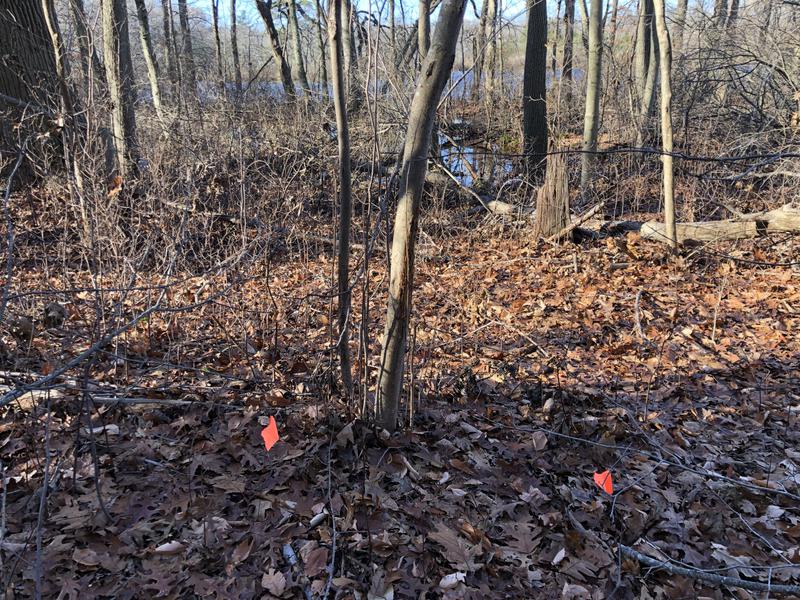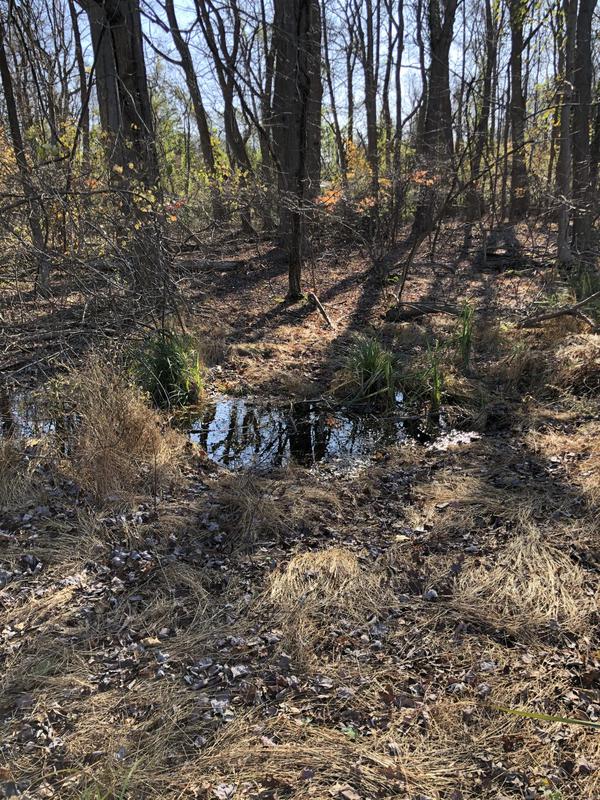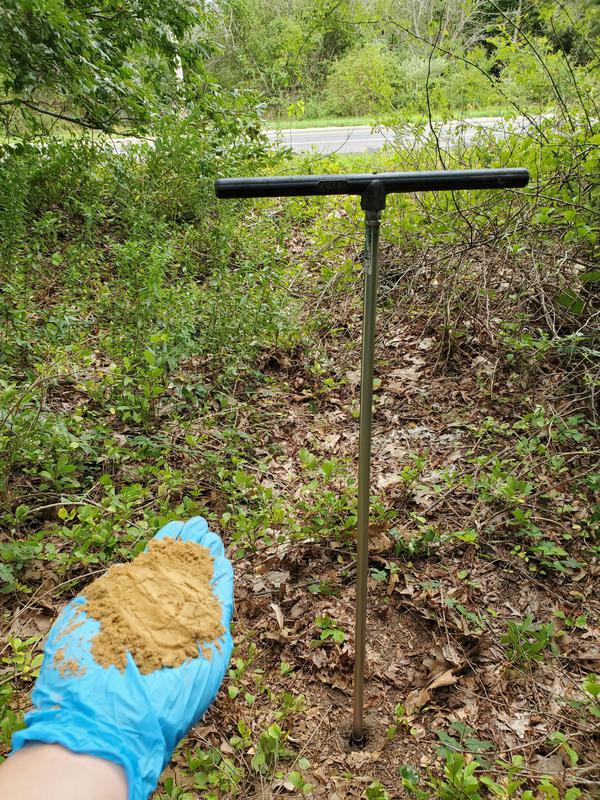
Despite the challenges and uncertainty that 2020 brought to many industries and businesses across the country, Walden’s staff members were hard at work developing their skills and furthering their knowledge. Walden is committed to professional development, with the ultimate goal of broadening the services we provide to the firm’s clients. Two of Walden’s environmental scientists, Erica Johnston and Kerri Ann Wright, recently completed a 36-hour Wetland Delineation class. The course involved online classroom sessions, discussions regarding wetlands with other students, a written exam, and hands-on training in the field to apply the concepts to actual wetland studies. Ms. Johnston and Ms. Wright stand ready to offer wetland delineation services to Walden’s clients!
According to the United States Environmental Protection Agency, wetlands are areas where water covers the soil, or is present either at or near the surface of the soil all year or for varying periods of time during the year, including during the growing season. Wetland characteristics vary widely in different regions of the world, but the two general categories are coastal/tidal wetlands and inland/non-tidal wetlands. The National Wetlands Inventory (NWI) and New York State Department of Environmental Conservation (NYSDEC) offer wetlands maps that are available on their respective websites. However, site-specific wetlands delineations are often required to support site development plans and permitting.
Wetlands provide significant ecological benefits to the areas around them including costal flood protection, erosion control, and promoting good water quality, not to mention the plant and animal habitats they support. These benefits become increasingly important as cities and suburban areas continue to be developed, and as we face the ever-increasing threat of flooding related to climate change, as seen in the aftermath of major storm events such as Hurricane Sandy. Therefore, wetland protection is essential so these environmentally sensitive areas continue to serve their vitally important functions. Some government entities have wetlands “banking” programs whereby preserved wetland areas are set aside and credits are issued to allow development that impacts other wetland areas.
If your property contains or is situated next to a wetland, environmental regulations and permitting will come into play, with potentially significant restrictions on future development projects. Walden’s knowledgeable scientists can help you determine the boundaries of these wetlands and provide valuable information to you as you plan your development, and consider the wetlands restrictions and permitting that will apply. If you think your Site is on or next to a wetland and would like to have it assessed by Walden’s scientists, call us at 516-624-7200 or 516-588-6859.


